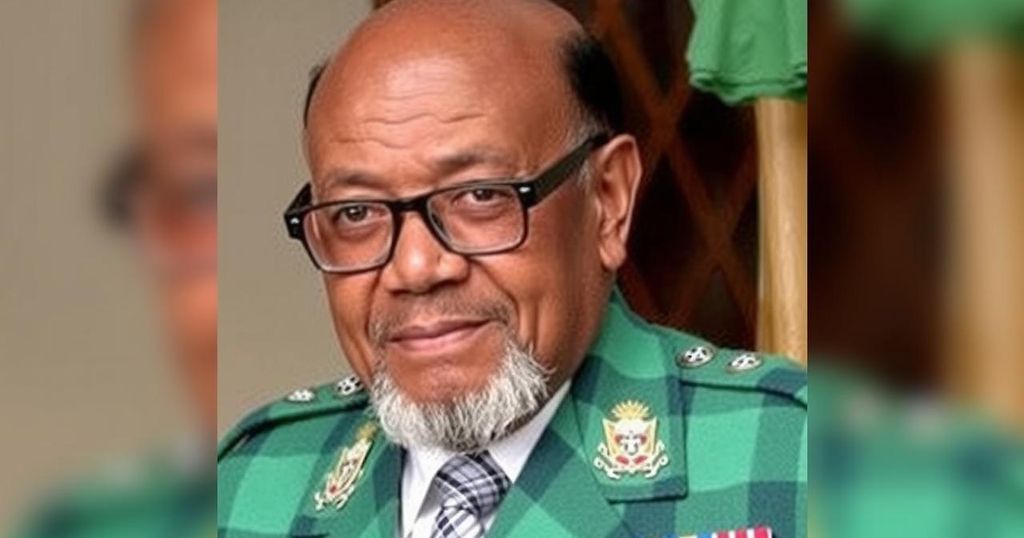Desi Bouterse, the ex-dictator and fugitive of Suriname, died at the age of 79 following a short illness. He was known for executing political opponents and living in hiding after being convicted of such crimes. Bouterse rose to power through military coups and served as president from 2010 to 2020. His death has prompted reactions from officials and supporters alike, with President Chan Santokhi expressing condolences.
Desi Bouterse, the former dictator and later president of Suriname, has passed away at the age of 79, according to an announcement from the government on Wednesday. Bouterse, who died on Tuesday following a brief illness, was known for his controversial political career, including the execution of political opponents. He initially seized power through a military coup in 1980 and held various positions of authority until he became a fugitive due to his criminal convictions. Despite living in hiding, Bouterse maintained a strong following among the impoverished and working-class sectors of Suriname.
After facing international pressure for orchestrating political violence, he resigned in 1987 but returned to power in 1990 through another coup, this time without bloodshed. Following a tumultuous political career, he was elected president in 2010 and governed until 2020. His death has elicited various reactions from the public and officials alike. Current President Chan Santokhi extended his condolences to Bouterse’s family and encouraged citizens to remain calm as they await further information. As rumors began circulating late at night regarding his sudden demise, supporters and family gathered at his residence in Paramaribo to pay their last respects.
Desi Bouterse is a significant figure in Suriname’s history, having transitioned from a military leader to an elected president. His political tenure has been marked by controversy, especially following the violent coup in 1980 that led to his rise. He faced serious allegations, including orchestrating heinous acts against his political rivals, which later resulted in his conviction. Despite his criminal past, Bouterse retained considerable support among specific demographics in Suriname. His legacy continues to provoke discussions about governance, democracy, and the complex socio-political landscape of the nation.
Desi Bouterse’s death marks the end of a tumultuous chapter in Suriname’s political history. His life journey reflects the complexities of leadership, governance, and the impact of military rule in a democratic context. Although he was a controversial figure, Bouterse’s influence on Surinamese politics cannot be understated. As the nation reflects on his legacy, it remains to be seen how his passing will affect the current political landscape and public sentiment.
Original Source: www.scmp.com






